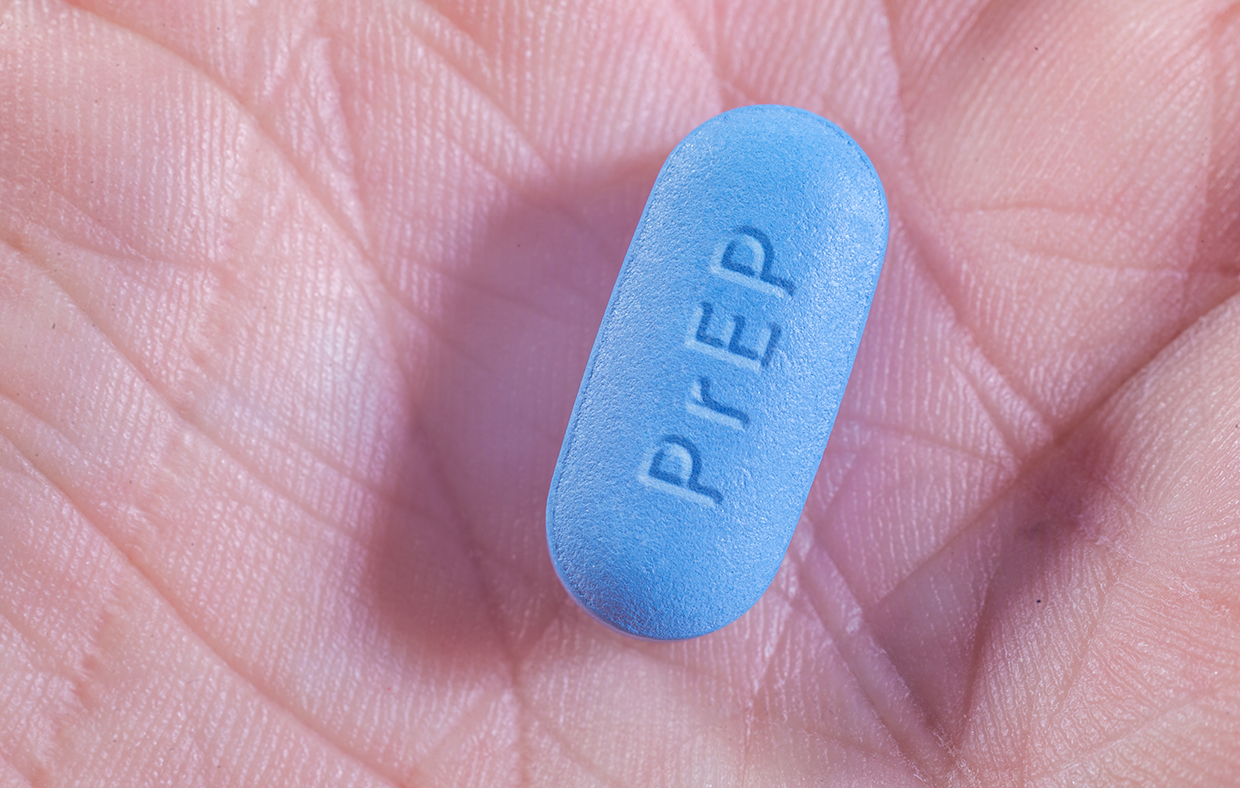Pre-exposure Prophylaxis (PrEP) is a highly effective medication that prevents virus replication, dramatically decreasing the risk of contracting human immunodeficiency virus (HIV). When taken consistently as prescribed, PrEP can lower the likelihood of HIV transmission through sexual contact by about 99% and through injection drug use by approximately 74%, according to HIV.gov.
Most insurances now cover PrEP. There are two daily oral PrEP medications available, Truvada (available as generic) and Descovy, as well as a long-acting injectable form called Apretude.
Who should consider PrEP?
Any adult or adolescent who is at risk for HIV should consider PrEP. PrEP can only be prescribed for people who test negative for HIV. Those at high risk include anyone engaging in condomless vaginal or anal sex with a partner who has a detectable viral load or an unknown HIV status, anyone who injects drugs, and anyone engaging in survival or transactional sex. People who have recently contracted a bacterial sexually transmitted infection (STI) are at higher risk for becoming infected with HIV and should also consider PrEP. Additionally, men who have sex with other men, even infrequently, should talk with their medical providers about whether PrEP is a good protective step.
Choosing the right form of PrEP
PrEP comes in two forms: oral medication and injection. Both forms are very effective, but only if taken consistently as prescribed. The decision to take PrEP as a daily pill or as a less frequent injection depends on the individual’s lifestyle and preferences. In most cases, oral PrEP needs to be taken daily. The injectable version is newer and needs to be administered by a licensed healthcare provider monthly for the first two months and then every other month. The injectable version might be more convenient for people who struggle to take medication each day, but those who don’t like injections or will not be able to attend regular medical appointments may prefer the pill form. It is also important to note that Truvada (one of the daily pills) is not a good option for people with kidney, liver, or bone issues.
PrEP builds to peak efficacy with consistent use over time. Full effectiveness is usually reached somewhere between a week and 22 days of use, varying based on whether the pill or injection form is taken and the type of sexual activity an individual engages in. Your healthcare provider can help you with the details and work with you to make a plan to use PrEP effectively.
Common misconceptions
One common misconception is that PrEP protects against all STIs. This is not the case: PrEP only protects against HIV. It is still important to practice safe sex and use condoms to prevent other STIs.
Another misconception is that people who take PrEP get more STIs. People who take PrEP are screened for STIs every three months as part of their treatment, and this frequent testing means any existing STIs are regularly detected. This might give the appearance of a higher incidence of STIs, when really it is just due to better monitoring.
Moving toward a future with fewer HIV cases
It’s exciting to think about what new preventive measures like PrEP make possible. The United Nations aims to reduce new HIV infections by 90% by 2030, and PrEP is a key tool in that effort. By expanding access to PrEP and continuing to educate the public about its benefits, we can reduce the spread of HIV worldwide.
If you think you might be at risk of contracting HIV, reach out to your medical provider or a community health center like MCHC Health Centers to establish one. There are real steps you can take to dramatically reduce your risk and move into a healthy future.
Chris Ayeko, FNP, is a primary care medical provider at MCHC Health Centers, which includes Hillside Health Center and Dora Street Health Center in Ukiah, Little Lake Health Center in Willits, and Lakeview Health Center in Lakeport. MCHC is a community-based and patient-directed organization that provides comprehensive primary healthcare services as well as supportive services such as education and translation that promote access to healthcare.

 MyChart Login
MyChart Login

